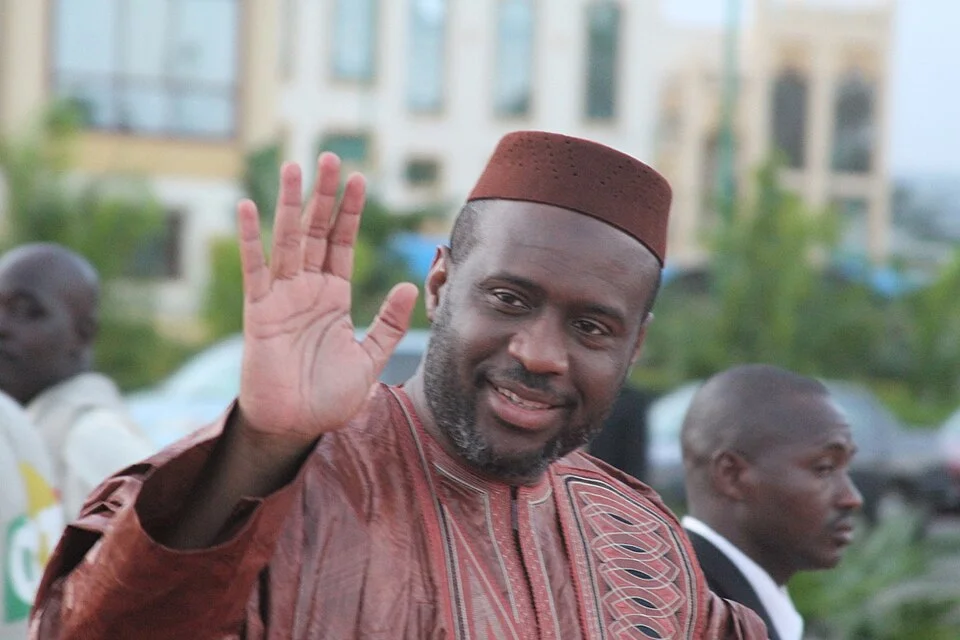Mali’s former prime minister, Moussa Mara, has been summoned for a second round of questioning by the country’s Judicial Investigation Brigade as of Wednesday, July 16, 2025.
Mara, who resigned from his post in 2015 after serving under a transitional government, underwent an initial several-hour interrogation on Tuesday but was allowed to return home.
The renewed call for his presence follows a social media post he made on July 4.
Where he revealed visiting imprisoned political and civil society figures, including journalist Ras Bath and social media influencer Rose Vie Chere.
This development has sparked speculation about the junta’s response to his actions.
Possible Motive Behind the Investigation
No official statement has been released detailing the reasons for Mara’s questioning, but analysts suggest his use of the phrase “prisoners of conscience” in the July 4 post may have triggered concern among authorities.
This term implies that the detainees’ imprisonment could be politically motivated, a sensitive accusation in a country governed by a military junta since its 2021 coup.
The junta, which ousted the elected government, has faced criticism for detaining opposition voices, and Mara’s comments might be seen as challenging its legitimacy.
His visits to high-profile detainees like Ras Bath, known for critical reporting, and Rose Vie Chere, a vocal online figure, could further intensify the situation.
Political Context in Mali
Mali’s political landscape has been turbulent since the junta took control, promising stability but often resorting to authoritarian measures.
The detention of political activists and journalists has drawn international attention, with human rights groups calling for greater transparency.
Mara, a respected figure from his time as prime minister, has remained active in public discourse, advocating for democratic reforms.
His recent actions suggest a willingness to confront the junta, which may explain the authorities’ interest in his activities.
The lack of an official explanation keeps the public and observers guessing, fueling debates about freedom of speech in the nation.
Implications and Reactions
The repeated questioning of Mara raises concerns about the junta’s tolerance for dissent.
If proven to be politically motivated, it could strain Mali’s relations with international partners who have urged a return to civilian rule.
So far, neither Mara nor the government has provided further details, leaving the public reliant on social media for updates.
Civil society groups are watching closely, with some preparing to rally in support of Mara if his detention extends.
The outcome of this investigation could set a precedent for how the junta handles criticism, potentially affecting other political figures and activists in Mali.
Looking Ahead
As the situation unfolds, the international community may increase pressure on Mali’s leaders to respect democratic principles.
Mara’s case highlights the ongoing struggle between military rule and calls for accountability in the West African nation.
Whether this leads to broader unrest or a reevaluation of the junta’s policies remains to be seen.
But it underscores the fragile state of governance in Mali today.























